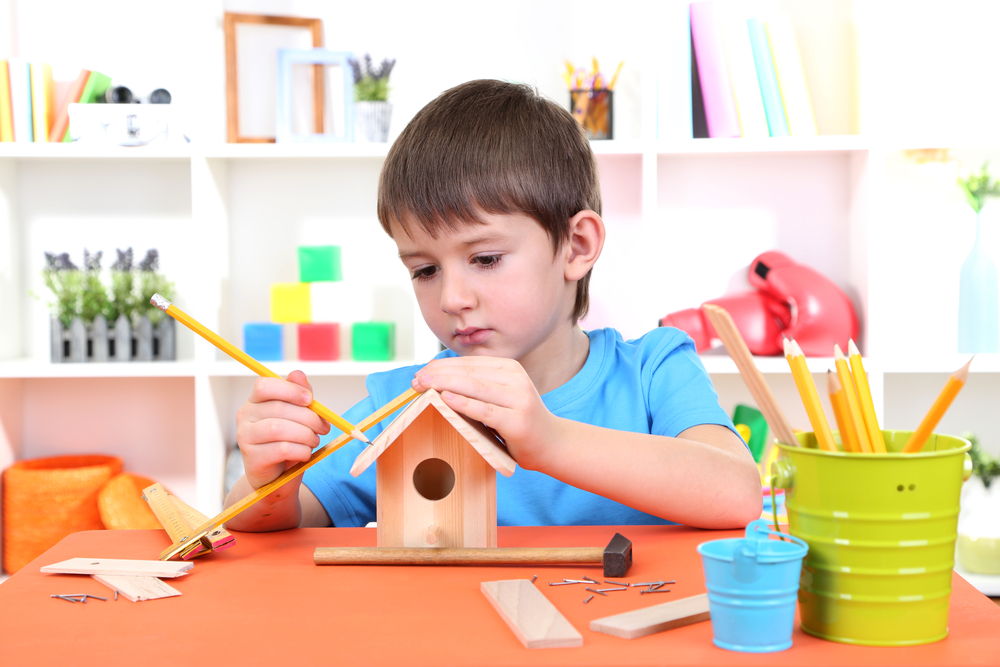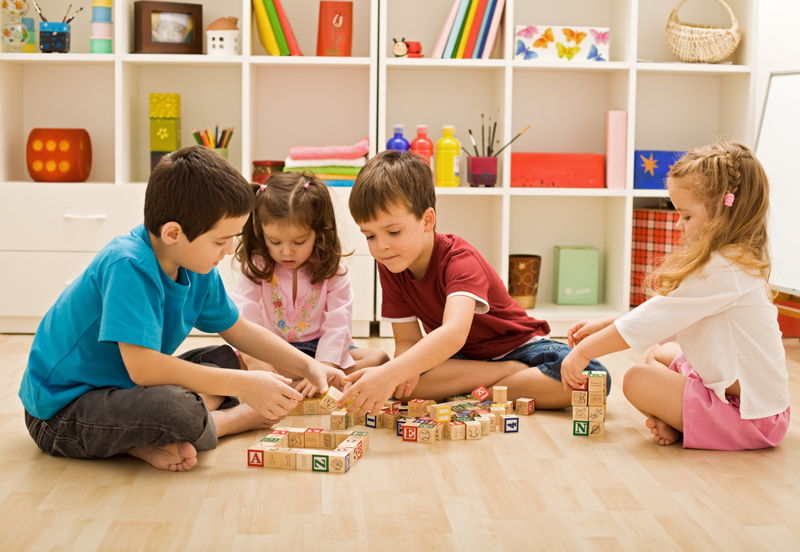“I’m bored.” This phrase from a young child sends parents into a state of distress and/or action. But no matter what you do, the boredom issue keeps cropping up time and again. Children today have a high stimulation threshold due to the numerous entertainment options available. Television and video games have deprived children of imaginative play, creative self-entertainment, and resourcefulness. They are clueless about what to do without the comforting presence of TV or games.
So what can parents do to rescue their kids from the gnawing and frustrating claws of BOREDOM?
 Stop running to their rescue: Sometimes, all parents need to do is give directions or ideas to younger children to help them play and enjoy their free unstructured time. However, it is not always a great idea to run to their rescue every time they get bored. Research shows that when left to their own devices children tend to use the creative side of their brain. So let them be. If they are bored, tell them to come up with a new game or find a solution to their boredom.
Stop running to their rescue: Sometimes, all parents need to do is give directions or ideas to younger children to help them play and enjoy their free unstructured time. However, it is not always a great idea to run to their rescue every time they get bored. Research shows that when left to their own devices children tend to use the creative side of their brain. So let them be. If they are bored, tell them to come up with a new game or find a solution to their boredom.- Failed ideas: Often, when children are bored they will ask parents for an interesting activity suggestion. Once you fall into that trap, it is a confirmed road to frustration for both you and your child. Your child is likely to reject every idea you suggest. Then you will have started a conversation that has no calm end. Just listen with empathy and acknowledge their problem and encourage them to solve it themselves.
- Attention deficit: We are usually so busy driving children from school to activity classes or ensuring they eat and do their chores that we forget to be with them. Sometimes a bored child is just looking to connect with you. Stop whatever you are doing and give your angel complete attention. Cuddle her, smile at her, and listen to why she is bored. You’ll see in some time she will get bored of you and wander off to play her own game. All she wanted was you, for some time.
- Structured activities: Unstructured time is crucial but today’s stimulation-addicted children need more than that to vent their restless energies. So if your child is using the B word too often, get him to join some activity of his interest. It could be art, sport, music, or any other alternate activity. Exposure to new games and activities makes children think more broadly and occupies them constructively. Ensure the activity is of his interest or you will find yourself dealing with the whining of both boredom and fatigue, which you want to avoid at all costs.
 Playdates: Children thrive in the company of other children. If your child is regularly going out to the park to play, well and good. But if for some reason it isn’t possible, try your best to set playdates so your child has enough opportunity to develop his social skills and learn from other kids. The beast of boredom will be at bay while the kids play.
Playdates: Children thrive in the company of other children. If your child is regularly going out to the park to play, well and good. But if for some reason it isn’t possible, try your best to set playdates so your child has enough opportunity to develop his social skills and learn from other kids. The beast of boredom will be at bay while the kids play.- TV and video games: This is the last resort toward solving a boredom problem. But the fact is, in today’s age of media, you can’t deprive your child of the entertainment and exposure visual media provides. Having said that, it is imperative that you control the usage of this mode of entertainment as it can have an adverse effect on your child’s development if unchecked.
Boredom is not an uncommon phenomenon. It is probably nature’s way of stretching a child’s mind to reach the unexplored corners of his mind. Boredom is like a long, tedious phase when a caterpillar is on its way to becoming a butterfly. So fret not if your child is bored. He is just on his way to something brilliant and exciting. And he has you to help!







